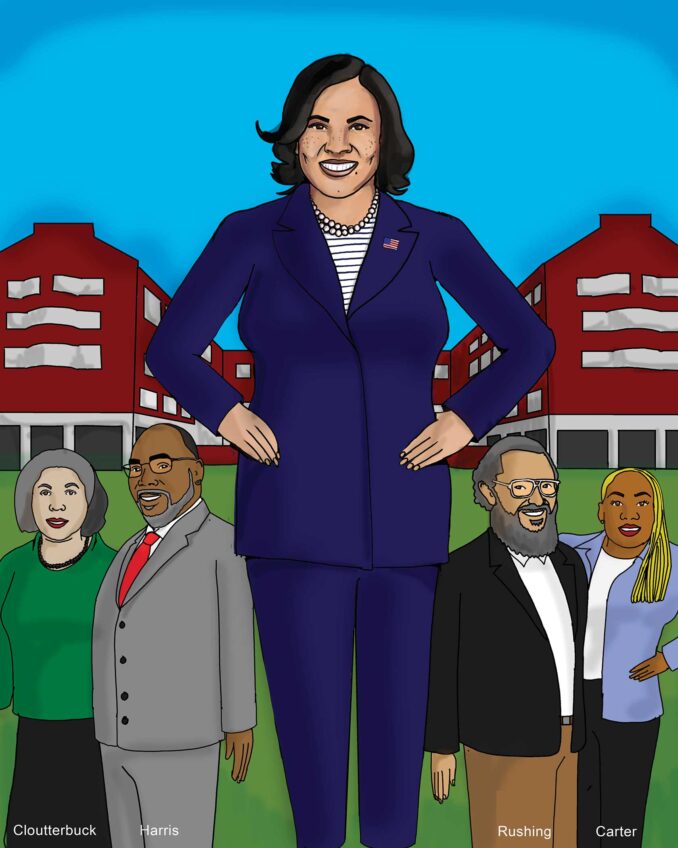During the extensive Washington Park Urban Renewal Project of the 1960s, blacks complained that the name should be “negro removal” rather than urban renewal. Similar complaints are heard today with the real estate development projects in Roxbury. People assert that the objective of gentrification is to deprive them of their black community.
In 1940 only 3.1 percent of Boston residents were African Americans, and they lived primarily in Roxbury and the South End. Blacks then inhabited the housing stock that whites had left, often for life in the suburbs. Forty years later by 1980, the black population had grown to 22.4 percent, and blacks again acquired the housing that whites left.
A closer look will determine that housing decisions depend primarily on income. While racial discrimination often affects housing opportunities, it is probably more informative to review housing issues from the perspective of constraints imposed by family income.






